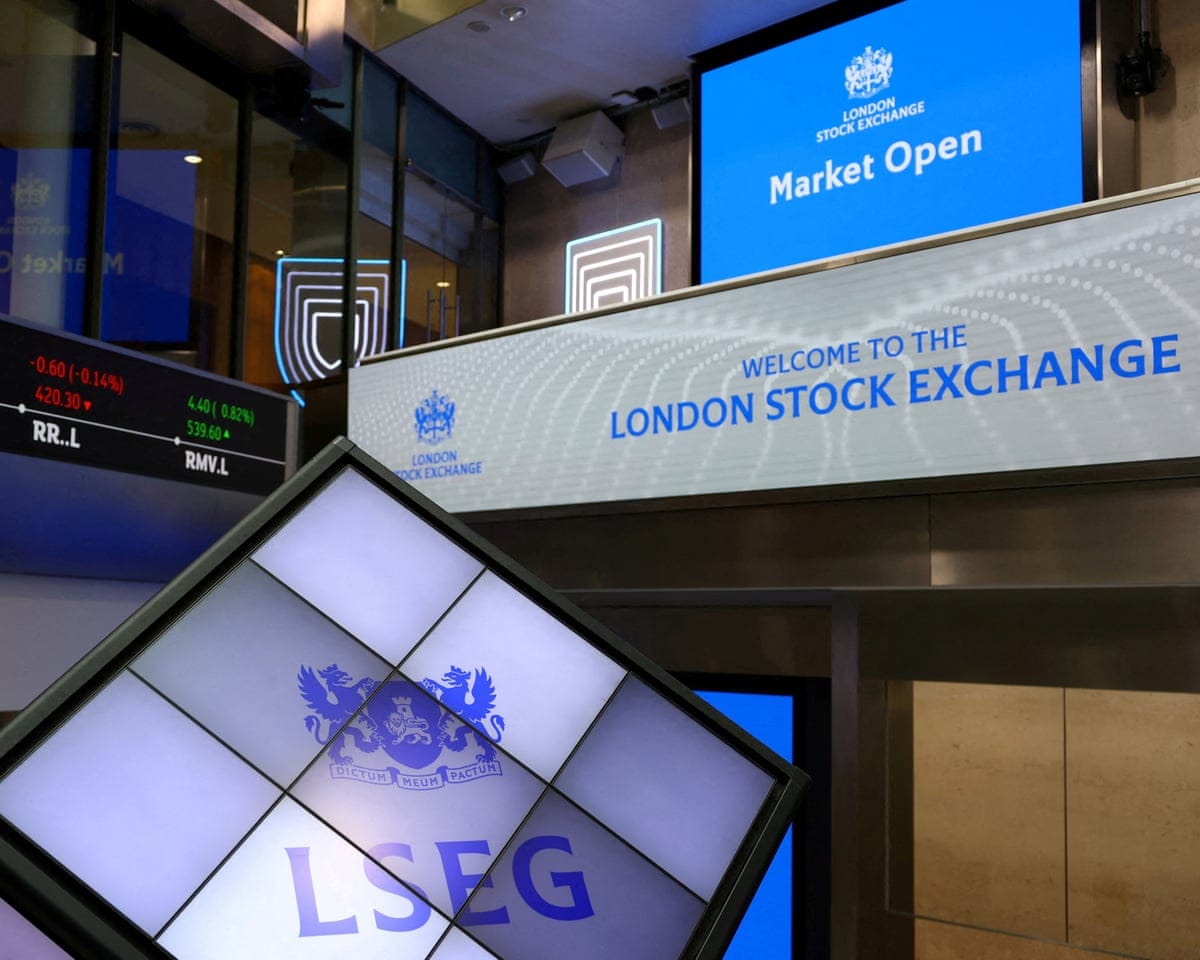A push to highlight the benefits of investing in the London stock market might seem like an uphill battle, especially if it simply echoes past efforts such as the British Gas privatization campaign decades ago. However, the effort is worth making.
As noted in a recent report by the CBI, a fresh approach is needed to prevent the London Stock Exchange from losing its significance. Since 2016, 143 companies listed in the UK have been acquired by private equity firms. This trend is concerning for those who believe public markets foster greater corporate transparency and that a strong economy depends on a dynamic exchange.
Julia Hoggett, head of the exchange, recently pointed out that many investors are more hesitant to put money into the real economy than into cryptocurrencies—a troubling imbalance that underscores the need for better awareness. On the opposite end, an estimated £300 billion sits in cash ISAs. While some of this may be reserved for emergencies, surely not all of it?
A campaign promoting the long-term advantages of a healthy stock market should also target the Treasury. It is puzzling that the chancellor, Rachel Reeves, through recent agreements, has encouraged UK pension funds to invest in private markets and infrastructure while the public markets face greater challenges.
The issues are well documented in the CBI report: capital flowing to the dominant US markets; UK insurance and pension funds reducing their holdings in UK equities from 45.7% in 1997 to just 4.2% in 2022; a lack of new listings to offset take-private deals; and too many UK tech startups choosing to list abroad.
Some of the CBI's suggestions, including the promotion campaign, involve steps the financial sector can take on its own, such as encouraging Asian firms to seek secondary listings in London. A few ideas, however, could be set aside—there is little need to keep debating executive pay, as FTSE 100 firms that align with US-style compensation often secure shareholder approval despite initial resistance.
The more significant proposals, though, require Treasury involvement. If the chancellor can steer pension funds toward UK infrastructure, why not nudge them toward domestic equities? Recent polling by New Financial found that UK savers believe 41% of their pension funds are invested in UK companies or the stock market. When informed that the actual figure is 10% or lower, 51% said it should be higher—indicating some willingness for domestic investment.
Meanwhile, Reeves may have heard enough calls to reduce the 0.5% stamp duty on share purchases, a charge that puts London at a disadvantage globally.
Read next

Ryanair plane had only six minutes of fuel upon Manchester landing, records show
Flight Narrowly Avoids Disaster After Storm Diversion
An inquiry has been launched after a Ryanair flight, struggling against severe winds during storm Amy last week, landed at Manchester Airport with only six minutes’ worth of fuel remaining.
The aircraft had been transporting passengers from Pisa, Italy, to Prestwick, Scotland, on

"Qantas customer data for 5 million exposed as hackers release info post-ransom deadline"
Hackers Leak Personal Data of 5 Million Qantas Customers on Dark Web
A cybercriminal group has released personal records of 5 million Qantas customers on the dark web after the airline did not meet their ransom demand.
The breach is part of a larger global incident affecting over 40 companies,

Investors flee record-high UK stocks as EU set to hike steel tariffs
Investors Withdraw Record Sums from Equity Funds Amid High Market Valuations
Data reveals that investors in the UK have withdrawn an unprecedented amount of money from equity funds over the past three months, driven by concerns over soaring stock market valuations.
According to the latest figures from Calastone, the largest

